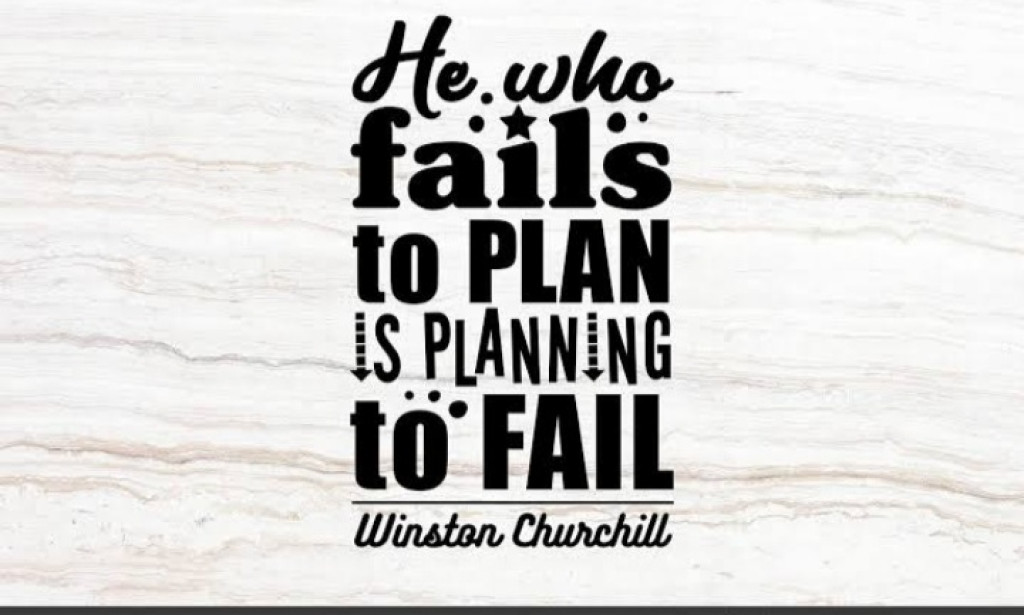The Fall of Jonathan Hale
Jonathan Hale had always been a man of ambition. From a young age, he dreamed of conquering the business world, building an empire that would be remembered for generations. He had the charm, the intelligence, and the confidence to make it happen. But there was one thing he lacked—preparation.
As a young entrepreneur, Jonathan was known for his daring ventures. He thrived on instinct, making bold decisions without thorough research. Time and again, his natural charisma carried him through, allowing him to secure investors and partnerships. But the cracks in his approach were always there, just waiting to widen into chasms.
His first major success came when he started a tech company, Hale Innovations, which promised to revolutionize smart home technology. Investors were eager, and Jonathan, with his silver tongue, convinced them to pour millions into his company. However, rather than carefully strategizing product development, he rushed into production, eager to get ahead of competitors.
The initial launch was a disaster. The products had numerous technical flaws, and customers quickly lost faith in the brand. Refund requests skyrocketed, and within a year, the company was struggling to stay afloat. His investors, once enthusiastic, now doubted his ability to lead. Still, Jonathan refused to slow down. He believed that his luck would turn around with the next big idea.
Undeterred, he pivoted to real estate. He envisioned a luxurious housing project—Hale Heights—a futuristic community equipped with cutting-edge technology. Once again, he secured funding with grand promises but failed to consider crucial details: zoning laws, environmental impact assessments, and market demands. He broke ground on the project with minimal research, dismissing concerns as unnecessary obstacles.
Then the lawsuits began. Unbeknownst to Jonathan, the land he purchased was under legal dispute. Local residents opposed the project, and government regulations he had ignored now became insurmountable barriers. Construction came to a halt, and creditors came knocking. Within months, Hale Heights was abandoned, and his investors withdrew all remaining support.
As his empire crumbled, Jonathan sought refuge in the idea that he could turn things around one more time. He gambled the last of his savings on a new startup, pouring everything into an idea he barely understood. With no structured business plan, no risk assessment, and no contingency strategy, he was doomed from the start.
The final blow came when the economy took a downturn. Investors pulled back, funding dried up, and Jonathan found himself drowning in debt. His reputation, once his greatest asset, was now irreversibly tarnished. Friends and allies distanced themselves, unwilling to be caught in his web of reckless decision-making.
Sitting alone in a nearly empty office, surrounded by stacks of unpaid bills and foreclosure notices, Jonathan finally understood the truth that had been staring him in the face all along. He had relied on talent, charisma, and luck, but he had never taken the time to truly plan. The empire he dreamed of had turned to dust, and he had no one to blame but himself.
As he stared at his reflection in the darkened window, the words echoed in his mind:
He who fails to plan, plans to fail



Very educative
You must be logged in to post a comment.